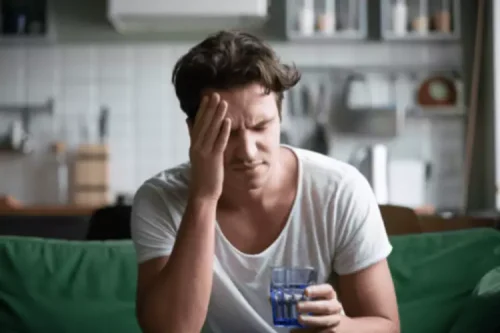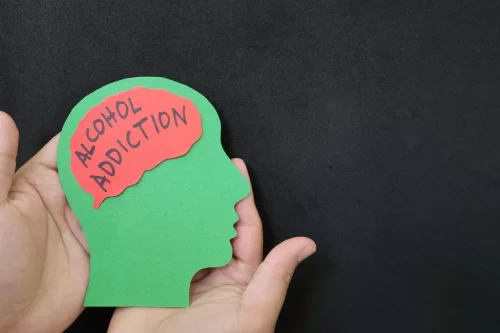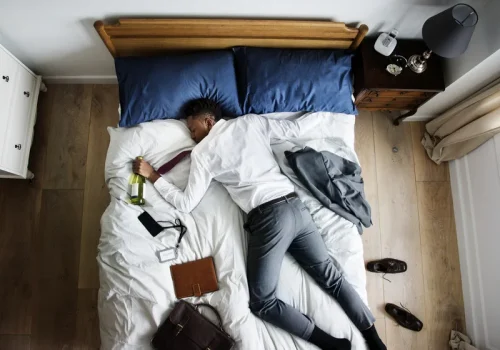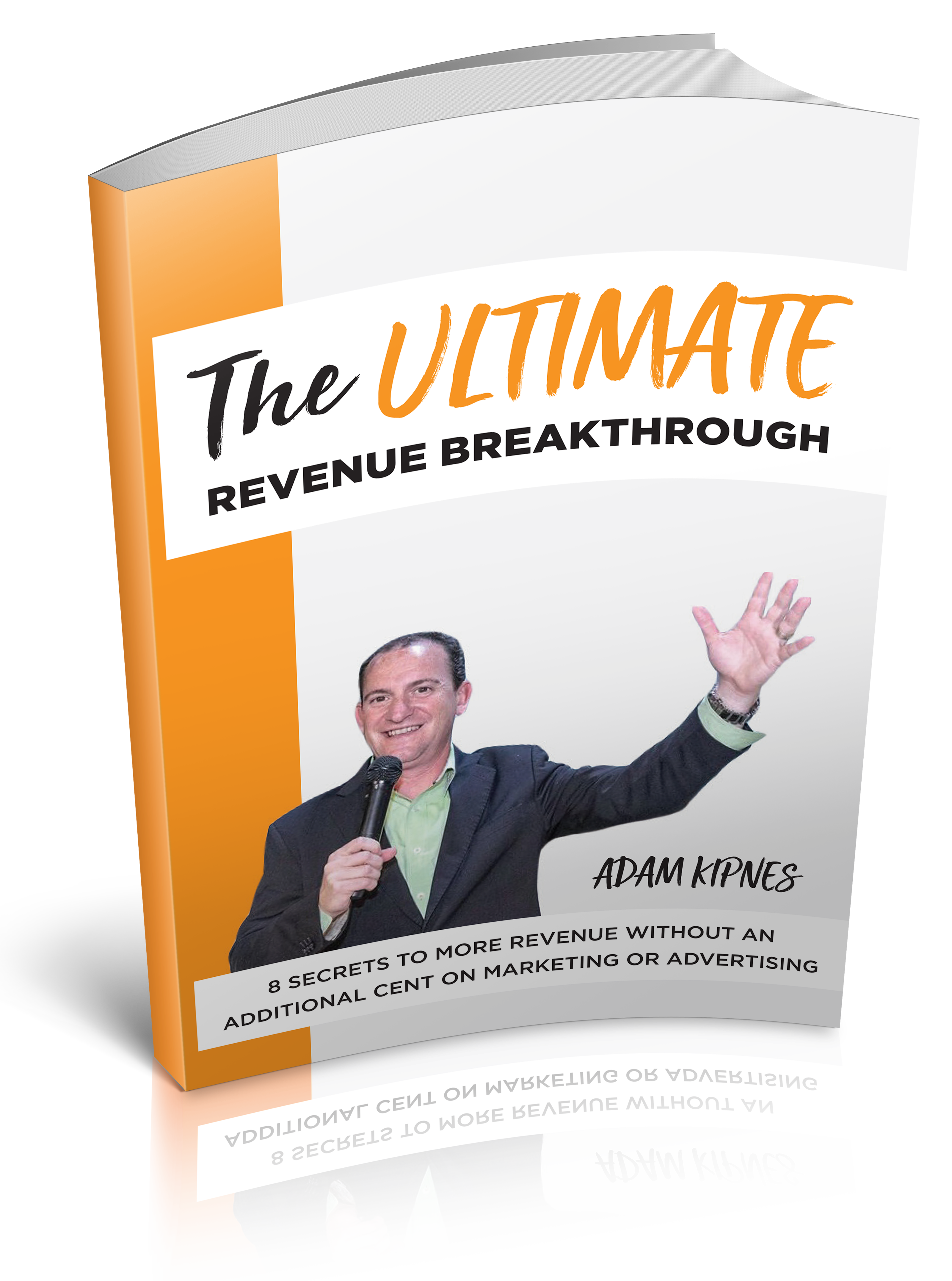
A damaged optic nerve can lead to low vision and sometimes blindness. There’s a reason the phrase “drinking yourself blind” floats around. https://ecosoberhouse.com/ Excessive alcohol consumption can negatively affect the eyes, leading to rapid eye movement, double vision, and potential blindness.

Possible long-term effects on eyes
This is sometimes known as “beer goggles.” After all, impaired vision and a slowed reaction time are why drinking and driving are often a fatal combination. Possible short-term problems relating to intoxication include blurry vision, changes in color perception, and light sensitivity. A person who experiences vision issues should see an ophthalmologist — a doctor specializing in eye care.
Alcohol and Eyesight: A Deep Dive into the Impact on Vision
The images being sent from the brain to the eyes are not being interpreted correctly or take a longer time to process. Treatments will vary greatly based on a person’s symptoms or health conditions that develop as a result of alcohol use. A person should talk with a doctor about treatment options that will work for them.
- Although somewhat debated, some believe that drinking reduces some of the antioxidants in your system – and these antioxidants are the ones that protect against eye diseases specifically.
- Alcohol changes how your body metabolizes Vitamin A, impacting tear production quality.
- If necessary, your doctor will prescribe you treatment to help.
- These impairments are caused by the weakening of the muscles in the eye.
- Limit yourself to one drink an hour and remember that one drink can equal a glass of wine, a shot of hard liquor, or a can/bottle of beer.
- Plus, we’re always introducing new features to optimize your in-app experience.
Prevention & Treatment of Alcohol Eyesight Damage
- Just like anything else you put in your body, it can affect how well you see now and later in life.
- But any effects you feel while drinking will most likely go away, especially if you are not a heavy drinker.
- Even with treatment, over 30% of individuals will still have some permanent damage.
- This section celebrates fashion and the role it plays in our recovery.
Alcohol consumption can temporarily impair visual performance, resulting in double or blurred vision. As a diuretic, alcohol use dehydrates the body, leading to itchy, dry, and bloodshot eyes. Acute alcohol intoxication can also slow pupil reactions to changes in light, which can hinder someone’s vision in bright or dim environments. It can also impair color perception and peripheral vision, decrease contrast sensitivity, and cause abnormal or rapid eye movements. Alcohol’s short-term effects on eyesight can lead to potentially harmful situations, including accidents and injuries. Higher alcohol intake can result in slower communication between the brain and the optic nerves, further impacting vision quality.
Symptoms may include difficulty focusing on objects, eye strain, and a strong sense of heaviness in the eyes. If you are struggling with alcohol abuse or addiction, a professional alcohol detox program can assist you on the road to sobriety. Remember that it’s okay to ask for professional help and support when battling an addiction.
- Naturally, as the brain and eyes are so closely linked, our vision suffers because of it.
- Drinking alcohol excessively (frequently or in large amounts) can have harmful effects on your body, including your eyes.
- For example, many eye care products can treat dry eyes and reduce redness.To avoid the more severe health consequences, have your eyes checked annually, whether you drink heavily or not.
- Alcohol affects everyone differently, so you need to be cautious.
- Low vision aids are available for those with toxic amblyopia.
- When this happens, you may have blurred vision or double vision due to weakened eye-muscle coordination.

But any effects you feel while drinking will most likely go away, especially if you are not a heavy drinker. This is especially true if you take care of your body after drinking alcohol. You can do that by making sure you rehydrate well after a night out. Make sure you allow yourself enough time to sleep and recharge, too. Toxic optic neuropathy is a condition where alcohol damages the optic nerve.


A doctor can provide more details about what a person can do to address their vision issues. People may also consider quitting smoking and reducing alcohol consumption to reduce the risk of negative effects on the eyes and other aspects of health. Long-term heavy drinking can cause interference between the brain and the eyes. blurry vision after drinking alcohol It may also damage or speed up the aging of various structures inside the eye, such as the lens, retina, and optic nerve. A Journal of Ophthalmology study found that night vision gets worse after drinking in both men and women. The more alcohol the subjects drank, the worse their vision became under low-light conditions.
Effects of Heavy Drinking on Eyesight
Tears that evaporate too quickly can’t meet the eyes’ functional needs. This results in inflammation and irritation, causing symptoms of dry eye. Drinking alcohol can cause dry eyes, and when dry eyes become a persistent problem, you may be living with DED. Preventive steps include moderating alcohol intake, staying hydrated, ensuring a nutrient-rich diet, and regular checkups with an eye doctor. If you’re experiencing symptoms, see an eye specialist and consider quitting or cutting back on alcohol. If you find that a night of overindulgence leads to short-term eye issues the morning after, there are a few things you can try.
How drinking can affect your eyes in the short and long term
You may consider first reaching out to a doctor, as they may be able to help determine your medical needs and possibly refer you to treatment centers. You may also be able to find alcohol addiction treatment near you by visiting the SAMHSA treatment locator. The white part of your eye, the sclera can yellow if there is liver damage from years of drinking, it can also be a sign of liver disease. Sometimes, blurred vision in one eye can signify a serious condition that needs emergency treatment. It’s important to be aware of the signs of these conditions so you know when to seek medical care. Most causes aren’t serious, but some can lead to permanent vision loss or death.




